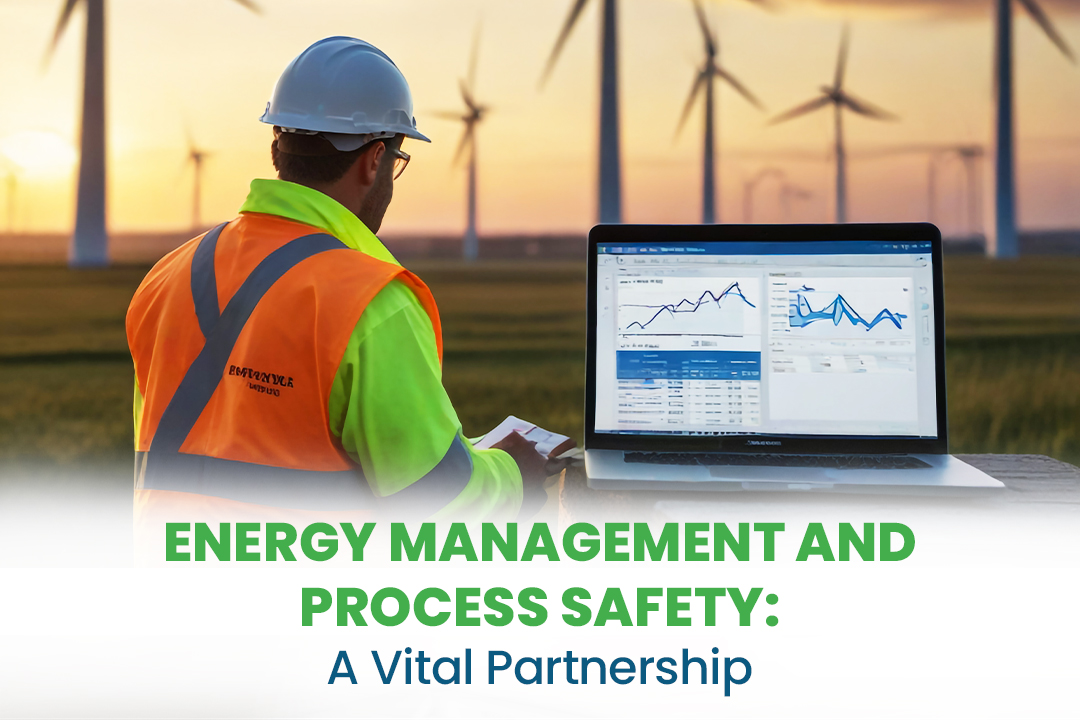Having spent the past 20+ years working in the GCC, I’ve seen first-hand how the region's industries have evolved in energy management and process safety. Both areas are crucial to ensuring operational efficiency, environmental sustainability, and the safety of workers. While these two domains are often treated separately, they are deeply interconnected, and their integration is key to driving long-term industrial success.
Energy management focuses on reducing energy consumption, improving efficiency, and optimizing the use of resources. In a region like the GCC, where energy demand is high and resources need to be managed carefully, energy management has become a priority. Advanced technologies such as energy audits, smart metering, and data analytics allow companies to track their energy usage, identify inefficiencies, and implement corrective actions. This not only reduces operational costs but also lowers carbon emissions, aligning with sustainability goals.
On the other hand, process safety ensures that industrial operations, especially in high-risk sectors like oil and gas, petrochemicals, and manufacturing, are carried out safely. Over the years, I’ve witnessed significant advancements in this area, from better risk assessments to the use of advanced safety systems. However, no matter how robust the systems, complacency is dangerous. Regular training, audits, and safety culture development are essential to avoid accidents and protect workers.
The integration of energy management with process safety is vital. Inefficient energy systems can lead to hazardous conditions, while poor process safety can disrupt energy flows and increase consumption. By managing both effectively, industries can achieve operational excellence, safeguard their workforce, and contribute to a more sustainable future for the GCC.

